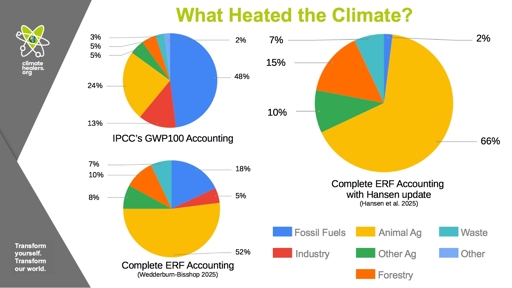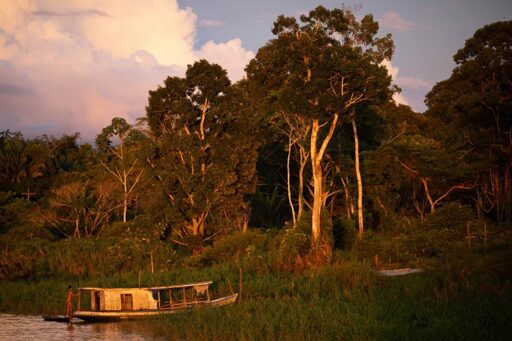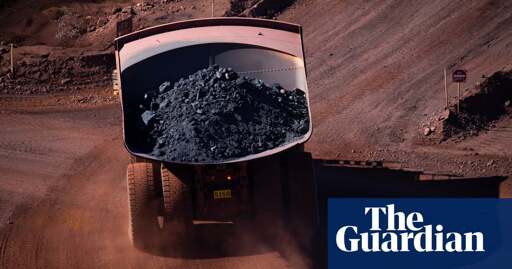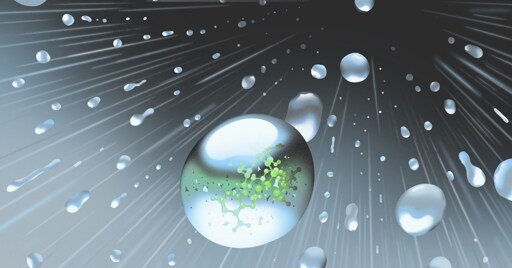Stream, yes, but that’s dependent on questionable javascript in order to function. This way allows for offline viewing with 100% free software.
Jim East
- 506 Posts
- 22 Comments

 3·23 hours ago
3·23 hours agoAmen brother hallelujah!

 1·24 hours ago
1·24 hours agoContinuous harvest is the best! We can’t just stop eating when the plants stop fruiting, so having successive fruiting seasons in a year is really helpful. If durian fruited year-round… monoculture would be tempting.
Do you trellis the blackberries or just let them sprawl everywhere?

 1·24 hours ago
1·24 hours agoYes, that is a bush. What do you like about it?

 0·24 hours ago
0·24 hours agoI’ve eaten that fruit. Do those plants have any trouble with Fusarium wilt or other fungal infections? What are the temperatures where you grow them? In this part of the world, they’re only grown at high elevations that are too cold for durian.

 01·1 day ago
01·1 day agoI enjoyed reading your apple evangelism! I don’t have the teeth for such a crunchy fruit as apples (way too much chewing for the calories), but if you do, might as well make the most of it! They definitely have their advantages, especially for storage of the harvest, but aren’t apple trees grown from seed notorious for taking many years to produce fruit of unreliable quality?
They’re easy and grow anywhere - or, at least we can say that the exists a varietal that grows where you live.
Just for the sake of argument, let’s say that someone lives in Chittagong, Bangladesh. The poor section. Near the DDT factory. Which apple cultivar should they plant?

 1·1 day ago
1·1 day agoWelcome aboard! Have you considered guerrilla planting some fruit trees in places that the community garden elites cannot control in order to make yourself ungovernable?

 1·1 day ago
1·1 day agoHow big do those trees get?

 1·19 hours ago
1·19 hours agoI’m in Af (Köppen) or Ar (Trewartha).
I’ve grown quite fond of Artocarpus odoratissimus for its reliability in growing up big and strong and shading out the grass. It mulches itself with its old leaves, so it’s basically zero-maintenance. Harvesting is a bit of a hassle, requiring climbing the tree and using a long pole fitted with a blade and netted basket to reach the fruits out on the ends of the branches, and someone else to help safely lower the fruit to the ground, but harvesting is only necessary for about two months of the year, and only for the first several years until the durian trees start fruiting and I can eat that instead.
Garcinia prainiana is another zero-maintenance favourite. It stays small without pruning, and it has big leaves on densely-arranged branches right down to the ground for shading out the grass. It’s extremely slow-growing, so it will be a few years before it becomes zero-maintenance, but it seems pretty tolerant of both shade and damp, so it’s okay if other trees grow up around it. The fruit is too acidic to eat as a meal (like any Garcinia), but it has small seeds and an extremely thin rind, so it makes for an easy and delicious snack.
Of course, I must mention the King, the supreme Durio zibethinus who produces the finest of this world’s luxuries. The tree gets tall, and it can’t compete with the grass when young, and its shade isn’t very dense, and it tends to get fungus and die in some areas, and pruning is very difficult due to the weak branches and strong apical dominance of seedlings, but the fruit falls to the ground when ready and does not get damaged in the process. Easiest harvest ever. Motorcycle helmet can help with safety during fruiting.
My least favourites would have to be most Citrus species. They grow way too big and unruly for their food value, and every few months they need to be pruned in order to keep them manageable, which is difficult considering how hard the wood is
and the biting ants, and the thorns, always thorns in all the wrong places. Some of them (especially oranges and grapefruits!) barely even produce fruit, or the fruit is much too sour to eat. They also tend to sprout up in inconvenient locations, and if I don’t find them and kill them in time, then they become extremely difficult to remove, as they’ll keep sprouting up from the roots for YEARS. Meyer lemon is the lone exception. Prune it once when it’s young, and touch it up every year or two, and it behaves itself, stays small, and produces too much fruit all year long.Oh, and guava (Psidium guajava). Same problem with sprouting up wherever the birds poop, deep roots, hard wood, very difficult to remove. Fruit is full of maggots. The wood is useful for carving spoons though.
I’m probably forgetting a few things, especially trees that I don’t like. Pictured below is the first fruiting of the Meyer lemon. (These fruits were a bit lower than chest height, but it has since fruited so much that many fruits touched the ground.)


 1·1 day ago
1·1 day agoThe current goals of phasing out all fossil fuels are misguided and could have catastrophic consequences, but not for the reasons that Tony Blair mentions.
Some ways that vegans can further reduce their methane emissions:
- Avoid rice. The flooded cultivation results in anaerobic conditions that favour methane production. Switch to other staples like banana or sweet potato.
- Avoid the use of fossil fuels as much as possible. Extraction of both petroleum and natural gas can leak a substantial amount of methane.
- Contribute to reforestation and protection of peatlands and boreal forests. If peatlands were allowed to dry out, or if boreal permafrost were to thaw, the ground in these areas would release an enormous amount of methane.
- Reduce, reuse, recycle. The anaerobic conditions in tightly-packed landfills favour methane production.

 1·2 days ago
1·2 days agoPro tip: you don’t really need to worry about pathogens. You have an immune system for a reason. Even if your poop compost was somehow colonised by some sort of alien superbacteria that would get inside of you and turn your vital organs into liquid shit, when the compost is fully broken down, they will have no more food, and they will either die off or move elsewhere. At that point, you could eat out of the compost bin if you wanted, and it would be perfectly safe.

 1·3 days ago
1·3 days agoOr move to a comfortable elevation near the equator in order to avoid such harsh temperature swings the easy way.

 2·3 days ago
2·3 days agoI wonder how long it will take them to figure out that using drinkable water for toilets is ridiculous in the first place. Poop in a bucket, compost it, fertilise the fruit trees. Food security and water security at the same time.

 1·3 days ago
1·3 days ago

 0·5 days ago
0·5 days ago…Where’s The Fruit?

 0·6 days ago
0·6 days agoTLA is pretty obvious: Three-Letter Acronym.

 0·6 days ago
0·6 days agoMakes sense, but I’d never have guessed it.




















With their matching clothes and arrogant gait, they all kind of look the same at 70-80 mph.